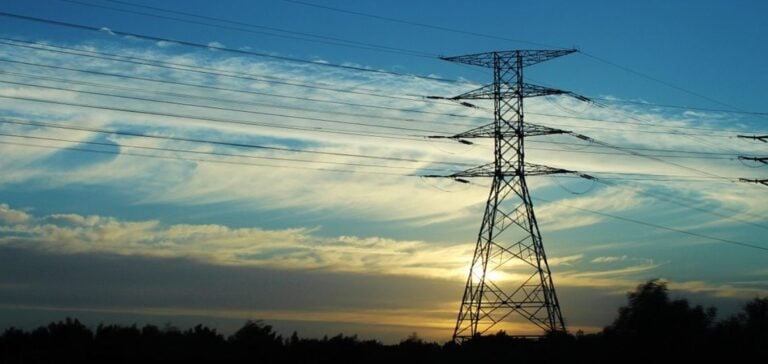Moldova has launched a project to link its capital Chisinau directly to Romania. This project aims to eliminate dependence on the Cuciurgan thermal power plant in Transnistria, which currently supplies 70% of the country’s electricity, as well as the country’s dependence on Russian energy. Constantin Borosan, State Secretary at Moldova’s Ministry of Energy, stressed the importance of this project for national energy security.
Political and strategic implications
Moldovan President Maia Sandu described the project as one of the most important since the country’s independence in 1991. She expressed Moldova’s goal of becoming a country free to choose its electricity suppliers, highlighting the stakes of this initiative in the face of “Moscow’s energy blackmail.”
Technical details and financing
The work, financed to the tune of 27 million euros by the World Bank, includes the construction of 500 pylons along the 158 km length of the new 400-kilovolt line linking Chisinau to Vulcanesti. Vulcanesti already has a connection to the Romanian town of Isaccea, facilitating electrical integration with Romania.
Impact on European integration
This project not only marks a step towards energy autonomy, but also towards European integration. With EU candidate status achieved on June 23, 2022, Moldova is moving ahead with its EU accession process, strengthening its Western orientation in the face of Russian influences.
The construction of this infrastructure is a direct response to the challenges posed by energy dependency in a tense geopolitical context, particularly following the disruption of energy supplies via Transdniestria and the impact of regional conflicts on imports from Ukraine. Moldova plans to strengthen its energy autonomy and ties with Europe, and is even considering a referendum on EU membership in the autumn.






















